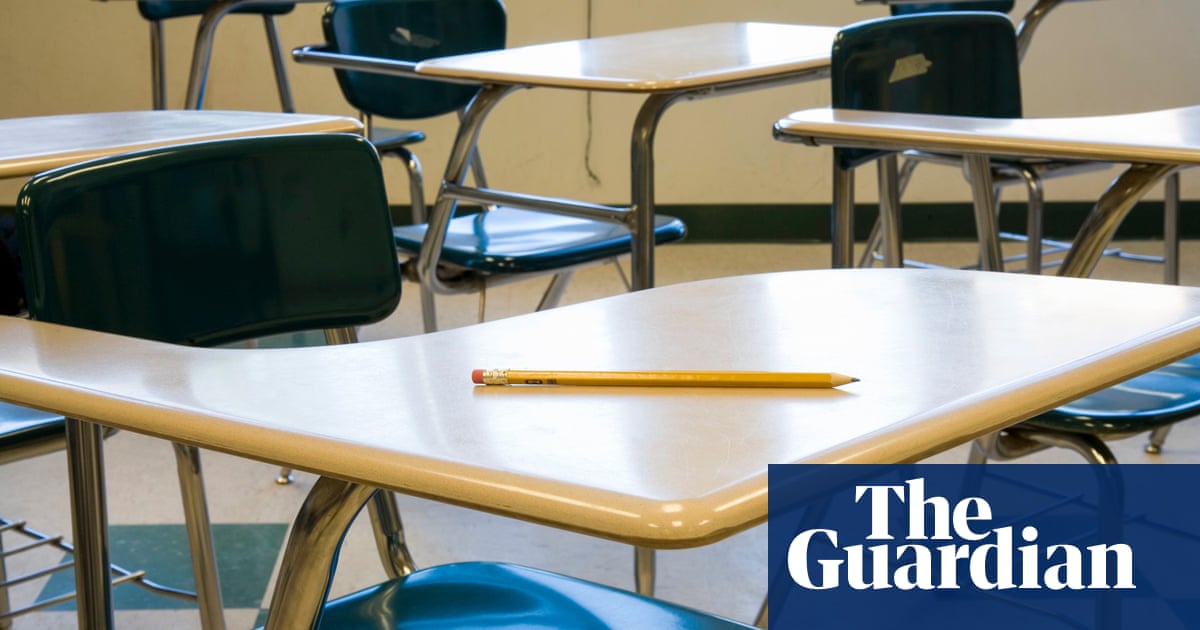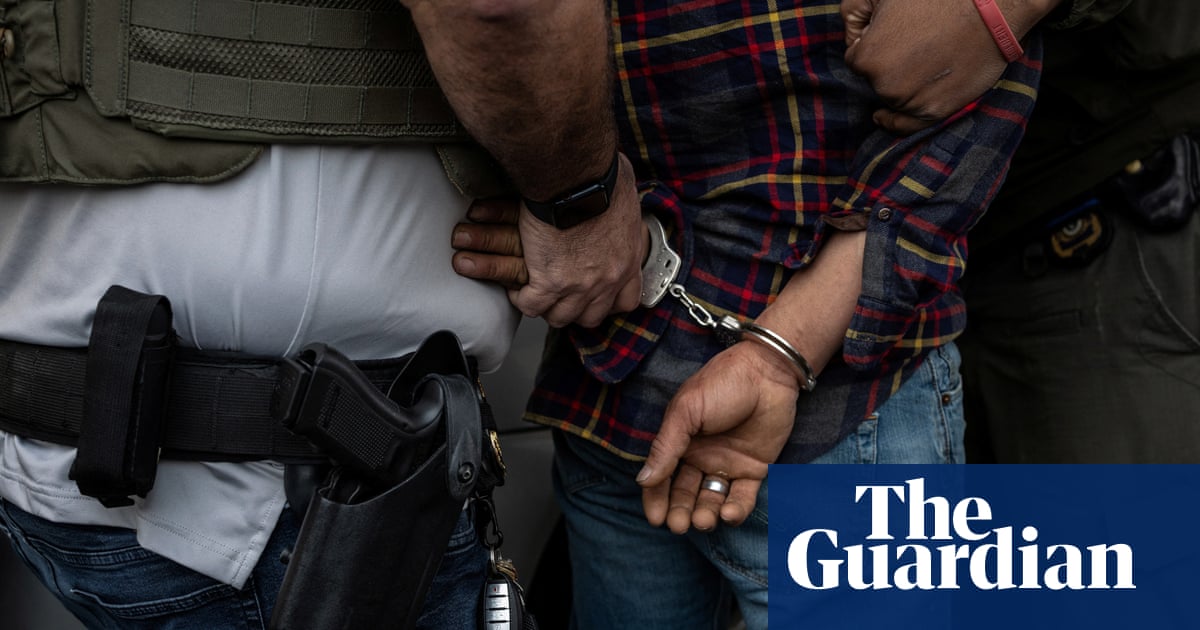Lawyers for immigrants from around the world who were deported from the United States and moved to a remote jungle camp in Panama say they have been unable to communicate with their clients since they arrived there.
About 112 deported migrants are being held in the “San Vicente” immigration center deep in the dense jungle that separates Panama from Colombia, according to Panamanian authorities. Their future is uncertain as they wait to see if they will be granted asylum in Panama or elsewhere.
“Individuals, including families like our clients, are being sent to Panama without any screening for asylum and despite not having any connection to Panama,” said Lee Gelernt, a lawyer with the American Civil Liberties Union (ACLU).
“And when they get there, they are disappearing into a black box without access to counsel,” he said.
Gelernt is one of several lawyers challenging a 20 January executive order from Donald Trump that broadly blocked migrants from claiming asylum at the Mexico border.
In recent weeks, the US has deported some 300 people to Panama, including people from Afghanistan, China, India, Iran, Nepal, Pakistan, Sri Lanka, Turkey, Uzbekistan and Vietnam. These flights are part of the Trump administration’s efforts to sidestep the fact that some countries refuse US deportation flights due to strained diplomatic relations or other reasons.
The arrangement with Panama allows the US to deport these nationalities and makes it Panama’s responsibility to organize their repatriation.
But the process, which in this case included an interim stop at a hotel in Panama City where the group was detained by armed guards, has been widely criticized by human rights groups that worry migrants could be mistreated and fear for their safety if they are ultimately returned to their countries of origin.
When asked at a press conference on Thursday why the migrants at the camp had been denied access to legal counsel, Panamana’s president José Raúl Mulino replied that he “didn’t know”.
The US state department did not immediately respond to a request for comment.
The National Immigrant Justice Center (NIJC) attorney Keren Zwick said she was “gravely concerned” about the safety of a Turkish woman and her daughter who were deported from the US to Panama and have since been sent back to Turkey, according to her husband.
A copy of the legal complaint against the US government from the ACLU, NIJC, and other rights groups said the Turkish woman and her daughter told US immigration officials they had come to seek asylum. They arrived to the US on 3 February, after the 20 January executive order, before being deported on a military plane to Panama nine days later.
Neither Gelernt nor Zwick has spoken with them since they were in the hotel in Panama City.
According to the complaint, the woman and her husband had been involved in a religious non-violence movement in Turkey before the government issued a warrant for his arrest , causing him to flee the country. The woman then fled Turkey with her daughter after repeated incidents of harassment.
The woman’s husband told Zwick that his wife and her daughter had been deported to Turkey on Wednesday.
Analysts say such arrangements are part of Trump’s effort to “outsource” deportation to countries in Central America. Costa Rica and Honduras have also received deportees from the US.
The 112 migrants being held in the jungle camp initially refused repatriation, Panamanian authorities say. President Mulino said that 113 migrants have already returned to their countries of origin, 16 were traveling on Thursday and another 58 were awaiting tickets for flights home.
Susana Sabalza, a Panamanian lawyer representing a family from Taiwan that is being held in the jungle camp, said she had been asking the government for over a week for access to her clients.
“This isn’t normal, we have never seen this in Panama before,” she said. “I should be able to talk to my clients.”
Ali Herischi, a lawyer in Washington DC representing 11 Iranians in the camp, said his clients were each given a three-minute phone call by the Red Cross in Panama on Tuesday to speak with their families, but were barred from calling their lawyer.
Two other lawyers seeking to offer representation to the deported migrants said they were barred access first to the hotel and now to the jungle camp, where they said authorities have also taken away cell phones from several migrants.

 German (DE)
German (DE)  English (US)
English (US)  Spanish (ES)
Spanish (ES)  French (FR)
French (FR)  Hindi (IN)
Hindi (IN)  Italian (IT)
Italian (IT)  Russian (RU)
Russian (RU)  4 hours ago
4 hours ago
























Comments